A Few Essentials of Technology Criticism
6 books that provide a deep history for the present struggle
As Silicon Valley platforms began to take an increasingly powerful and disturbing role in our lives, a critical literature took form. To celebrate the release of AGAINST PLATFORMS: Surviving Digital Utopia, I’ve compiled 6 essential readings that complement the book. These title span genres and eras. I’ve kept it short. It’s partial, but these are packed with arguments that remain essential to understand the present situation. I’ve linked to these books’ pages on Tertulia, a book co-op I am proud to support.
Art and Technics
Lewis Mumford
There are sentences in here that seem like they perfectly diagnose our current dilemma on art and tech - and yet they were written two generations ago. Mumford is a towering figure in 20th century technology studies, and this book is a beautiful summary of his main ideas.
Radical Technologies: The Design of Everyday Life
Adam Greenfield
This text is a giant of the second wave techlash. It focuses its chapters on several key technological objects and brings to bear a searing critique. It is also beautifully written.
The Black Box Society: The Secret Algorithms That Control Money and Information
Frank Pasquale
The original “algorithm” book exposing the pernicious and automated ways machine learning and computation judge and sort our lives.
Atlas of AI: Power, Politics, and the Planetary Costs of Artificial Intelligence
Kate Crawford
Among the most important elements of the critique of digital utopia is how its supposedly immaterial, “magic” processes have material, earthbound sources. Crawford’s award winning document of the many components of artificial Intelligence is an eye opener.
The Real World of Technology
Ursula Franklin
A metallurgist by trade, Franklin’s printed Massey lectures deliver some cunning theoretical blows to the technocracy. Her concepts of prescriptive vs holistic technology have powered the last 30 years of the techlash.
Protocol: How Control Exists After Decentralization
Alexander Galloway
One of the foundational myths (and mistakes) about the internet and the constellation of tech that makes it run is that it is primarily about freedom. In a text way ahead of its time, Galloway argues instead that, online, control is the order of the day. Protocols are the mechanisms by which the about face is accomplished.





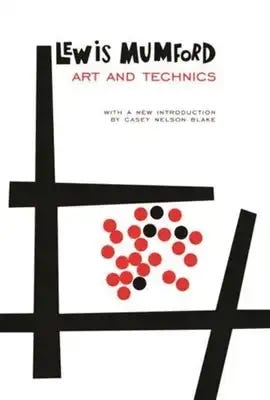
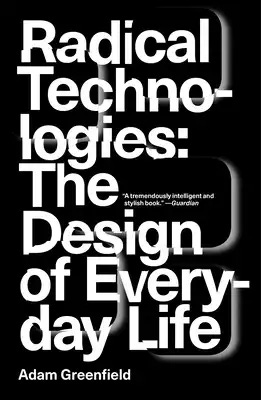
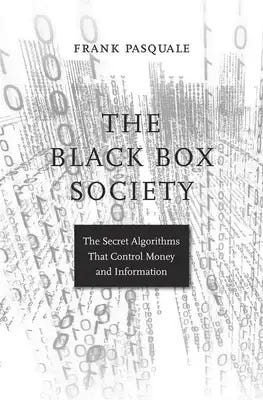
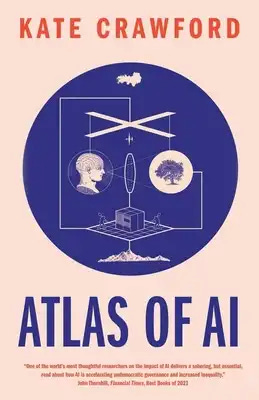
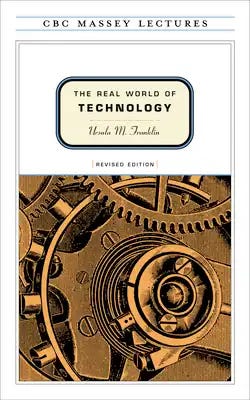
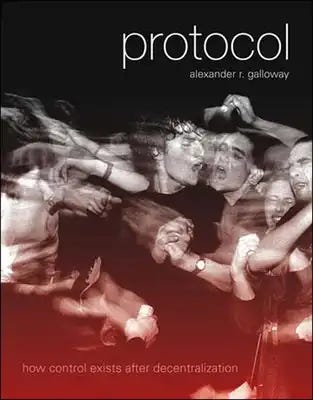
Dated maybe, but I'd add
Weizenbaum's "Computer Power and Human Reason",
Neil Postman's "Technopoly",
And Jacques Ellul's "The Technological Society"
to your great list.
We were warned. We just didn't listen.
Thank you so much for this post. I would add Rogers Brubaker’s “Hyperconnectivity and its Discontents” to the list. It’s a wonderful and thoroughly researched book.